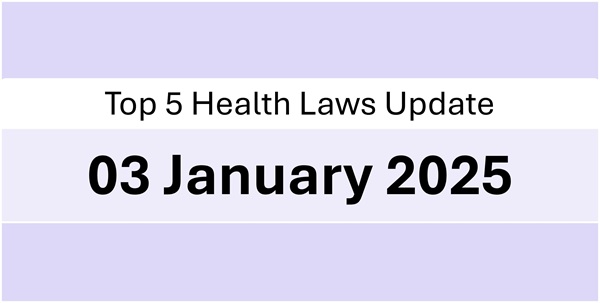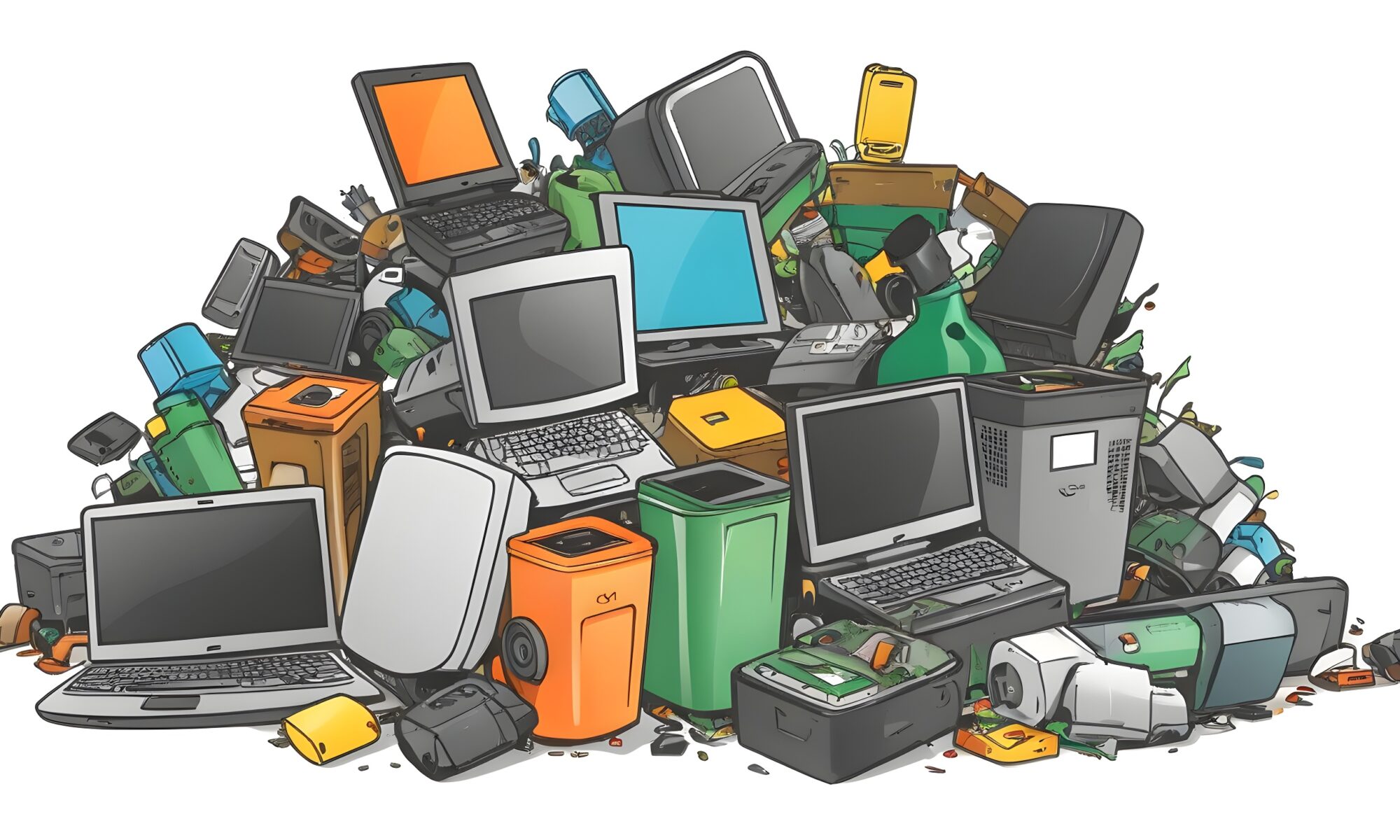Dear Readers, we are happy to share the most interesting legal and policy updates concerning health industry that we read today. we hope you enjoy reading it.
1. Maharashtra Health Minister has reportedly announced reforms for increased hospital safety such as independent third-party testing of medicines supplied to state hospitals. Other proposed reforms include stricter oversight on medicine procurement, manpower increase in Maharashtra Medical Goods Procurement Agency (MMGPA) and enhanced enforcement of the Bombay Nursing Act. Plans for regulating private labs, flying squads for inspections, and public hospital makeovers with standardised designs were also announced.
Source: bit.ly/3DE8QQy
2. The Central Pollution Control Board (CPCB) has issued show cause notices under the Environment (Protection) Act, 1986, to Producers, Importers, and Brand Owners (PIBOs) for failing to meet Extended Producer Responsibility (EPR) obligations under the Plastic Waste Management Rules, 2016. Non-compliance includes not filing annual returns for FY 2022-23 and FY 2023-24 and falling short of EPR targets. Affected entities must respond within 7 days or face Environmental Compensation (EC) penalties and stricter enforcement measures.
Source: bit.ly/3W3Deua
3. The Indian Council of Medical Research (ICMR) has released the draft second edition of the National Essential Diagnostics List (NEDL), inviting stakeholder suggestions by January 15, 2025. The revised list aims to enhance diagnostic services across all healthcare levels, including Ayushman Arogya Mandirs, Primary Health Centres (PHCs), and Community Health Centres (CHCs) and Sub-District Hospitals (SDHs) with a focus on underserved areas. It aligns with national health programmes and incorporates technological advancements like point-of-care testing to ensure accessibility and affordability.
Source: bit.ly/4059Qor
4. The Indian Government (Ministry of Textiles) has issued the Medical Textile (Quality Control) Amendment Order 2025. This amendment states that if the manufacturer / importer certified by the Bureau or any manufacturer / importer who has applied for certification has declared its old stock products which are without BIS Mark manufactured or imported before the commencement of the timeline of implementation (mentioned below) of the order, such manufacturer / importer shall be permitted to sell or display to offer to sell such declared stock up to 30th June, 2025. The key timelines are as follows: For Large and Medium Enterprises: 1st January, 2025 ; For Small and Micro Enterprises: 1st April, 2025
Source: bit.ly/4fDZi5q
5. India’s Union Health Minister has banned the manufacturing and sale of Non-Steroidal Anti-Inflammatory Drug (NSAID) drug nimesulide for animal use due to its toxicity to vultures, causing mortality through visceral gout and renal failure. The ban follows recommendations by the Drugs Technical Advisory Board (DTAB) and studies by the Bombay Natural History Society (BNHS). Safer alternatives are available, and measures to prevent misuse of the drug in humans have been proposed.
Source: bit.ly/4fOz8Nk


